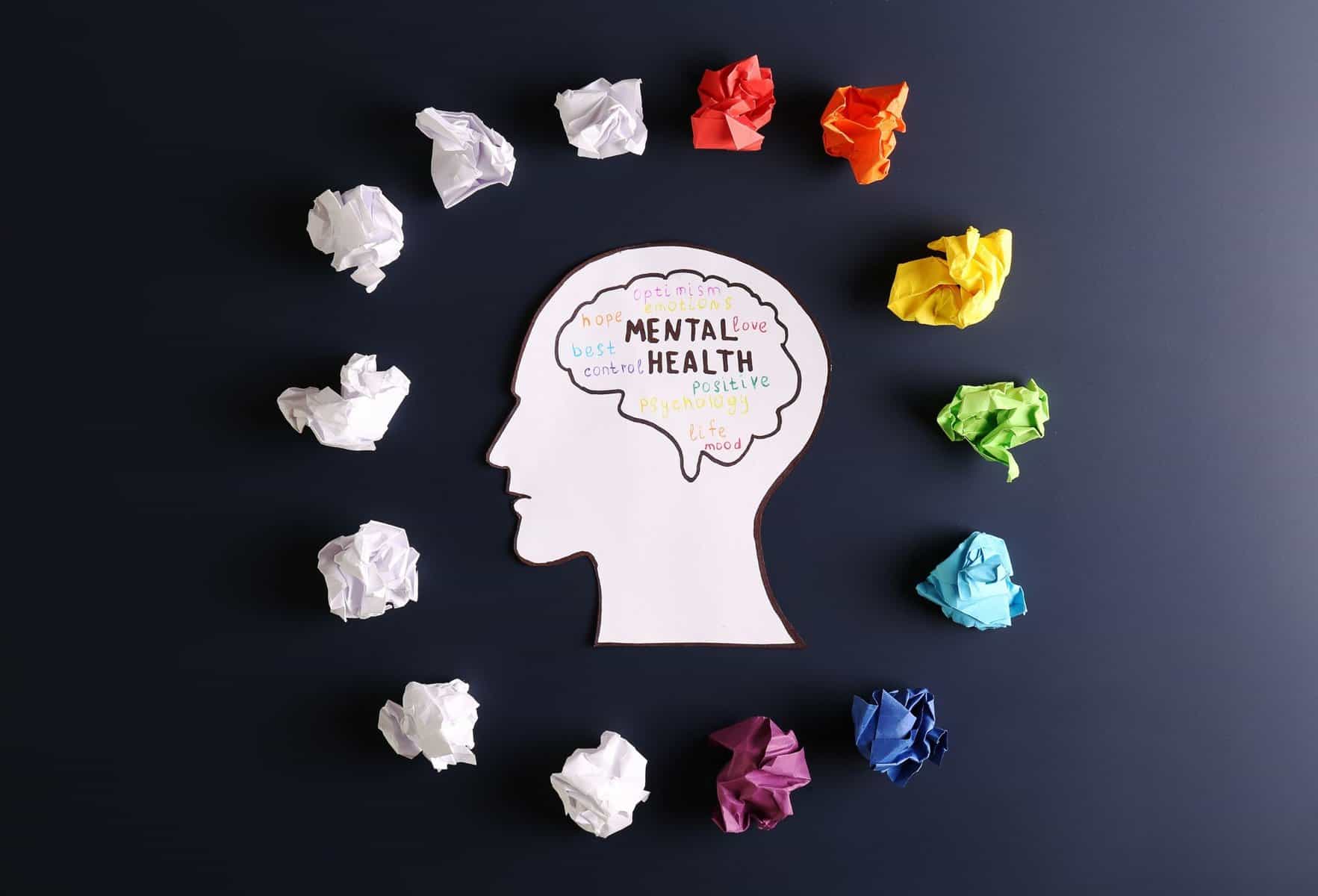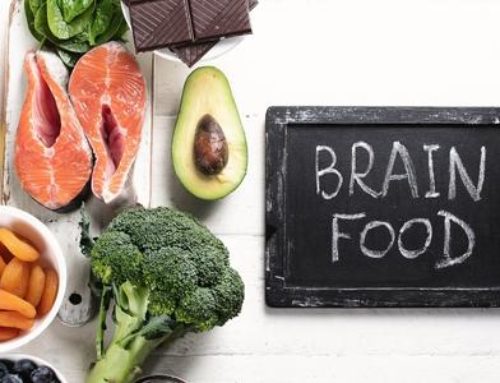
It’s no joke that today, we have the highest rates of depression, anxiety, and other mood related disorders than ever before (thanks covid). In Australia alone, 1 in 10 people are currently experiencing depression, and over 5 million people have depression, anxiety or related feelings (ABS 2018).
With such an overwhelming number of us experiencing these feelings (that we may or may not have experienced before), it leads to question: how do we begin helping ourselves?
The first step would be to see your GP to discuss the best mental health care plan for you, which may include pharmacological and/or psychological support. Then we can start to think about additional support that can complement this plan. As highlighted in our last article, diet could be the missing piece in your mental health care plan.
So, here’s where you can start!
Removing food restriction:
I bet almost every single one of us has attempted to restrict certain foods or food groups at some point in time, in order to achieve a desired nutrition or health outcome. Whether it has been *this food* or *that food*, most likely you have not been able to stick to it and have beaten yourself up for it only to commit to starting it again “next Monday”. By doing this, you’re creating a viscous cycle that is hard to get out of.
Restrictive practices are not sustainable long term, and in frank, are not fun at all.
I challenge you to stop focusing on cutting out foods and focus instead on including MORE foods into your diet. Also ensuring to allow room to include your favourite foods, whatever that may be.
Focus on diet quality:
There is now a good body of scientific evidence to suggest that improving diet quality is associated with improvement in depressive symptoms. In fact, a recent Australian study found that improving diet quality led to a significant reduction in depressive symptoms in people with moderate to severe depression. In this study, 32% of participants achieved remission criteria (Jacka et al. 2017).
This is fantastic news, that we can easily apply to our own diet. Try to include more foods from ALL the food groups. In particular, make an effort to include plant foods such as fruit, vegetables, wholegrains, legumes, nuts and seeds.
The step ladder to success:
Removing food restriction and focusing on including more nourishing foods to improve diet quality may sound overwhelming. This is especially the case if you feel like your mental health is getting in the way of making any change.
The key to overcoming this is by breaking large changes down into small achievable steps.
Firstly, you need to identify what you are aiming for.
One example, could be to include more vegetables into your diet. If you are someone who currently has one serve of vegetables most days, you don’t want to suddenly attempt to include five serves of vegetables everyday. Instead, you need to break this goal down into a small achievable step, such as including one extra serve of vegetables with dinner. Try this for a week (or longer) until it is a habit that you can maintain. Then you might try aiming for an extra serve for another week, and so on.
Breaking these changes into small achievable steps is the key to building long term habits!
Get support from a dietitian:
When making dietary change you are bound to come across some hurdles that may set you back from achieving your goals. This is normal and can be overcome, especially with the help from a qualified dietitian. Studies have shown that dietary interventions aiming to improve diet quality and mental health outcomes are most successful when led by a qualified dietitian (Opie et al. 2015).
Here at The Healthy Eating Clinic, our dietitians can provide you with the knowledge and skills you need to boost your mood with healthy eating and make shopping, prepping, cooking and eating easy, while helping you identify your biggest barriers and develop strategies to overcome these.
If you want help using food to improve your mood, energy, and/or focus, our dietitians are here to help!
References:
Australian Bureau of Statistics. Mental Health. ACT: ABS; 2018. Available from: https://www.abs.gov.au/statistics/health/health-conditions-and-risks/mental-health/2017-18#methodology.
Jacka, F, O’Neil A, Opie R, Itsiopoulos C, Cotton S, Mohebbi M, Castle D, Dash S, Mihalopoulos C, Chatterton ML, Brazionis L, Dean OM, Hodge AM, Berk M (2017). A randomised controlled trial of dietary improvement for adults with major depression (the ‘SMILES’ trial). BMC Med 15, 23 (2017). https://doi.org/10.1186/s12916-017-0791-y
Opie R, O’Neil A, Itsiopoulos C, Jacka F (2015). The impact of whole-of-diet interventions on depression and anxiety: A systematic review of randomised controlled trials. Public Health Nutrition, 18(11), 2074-2093. doi:10.1017/S1368980014002614



